
According to Tin Tuc and Dan Toc Newspaper reporters at many traditional markets and wholesale markets in Ho Chi Minh City, vegetable prices are increasing rapidly day by day. According to traders, unfavorable weather has made it difficult for farmers to harvest, output has decreased, and transportation costs have increased sharply because many roads are deeply flooded or partially cut off.
At Ba Chieu market, Thi Nghe market, Tan Dinh market, Phuoc Long B market... the price of leafy vegetables such as lettuce, bok choy, Chinese cabbage, and water spinach increased from 5,000 to 15,000 VND/kg compared to the beginning of the week. Some traders said that heavy rains caused a shortage of goods, so they had to get goods from many different sources, even depositing in advance to keep enough goods to sell.
“The price of Chinese cabbage was 28,000 VND/kg yesterday, but today it has increased to 35,000 VND/kg, but there are still not many products. If the rain continues, the price will probably increase,” said Ms. Ngoc Hanh, a trader at Ba Chieu market.
Meanwhile, at wholesale markets in Ho Chi Minh City, these days, the amount of goods arriving has decreased by 15-30% depending on the type. Many vehicles have to take detours or wait for the water to recede, causing transportation costs to increase. The price of vegetables is currently increasing not only in the group of perishable leafy vegetables but also in stored vegetables and fruits such as potatoes, squash, and pumpkins. Meanwhile, purchasing power in Ho Chi Minh City remains stable, even increasing at the weekend, contributing to making the market hotter.
According to the update until the early morning of November 20, Mimosa Pass, one of the two main routes transporting vegetables from Da Lat to Ho Chi Minh City, was completely broken after a major landslide occurred at nearly midnight on November 19. The incident forced vehicles transporting agricultural products from Lam Dong to change direction or stop waiting for the road to be cleared, prolonging transportation time and significantly reducing the amount of goods to Ho Chi Minh City. This is the main reason why the price of green vegetables continues to escalate.
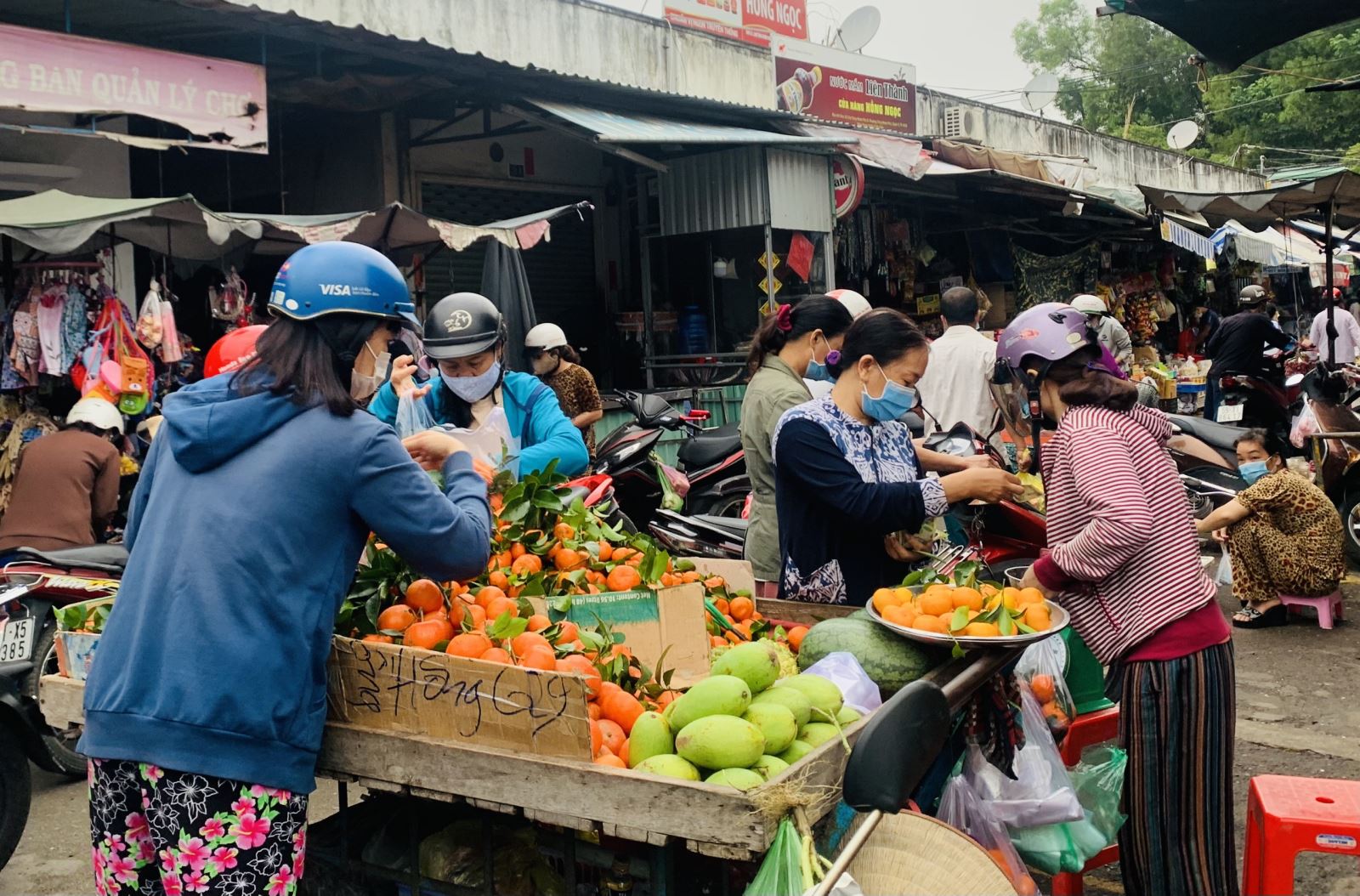
According to a report from Thu Duc Agricultural Wholesale Market, on November 20, many fast-moving products increased in price from 5,000 to 10,000 VND/kg, equivalent to 13-22% after just one day. For example, spinach increased by 10,000 VND to 55,000 VND/kg, Dalat tomatoes increased by 5,000 VND to 35,000 VND/kg, white green beans increased by 45,000 VND/kg, red chili increased by 70,000 VND/kg...
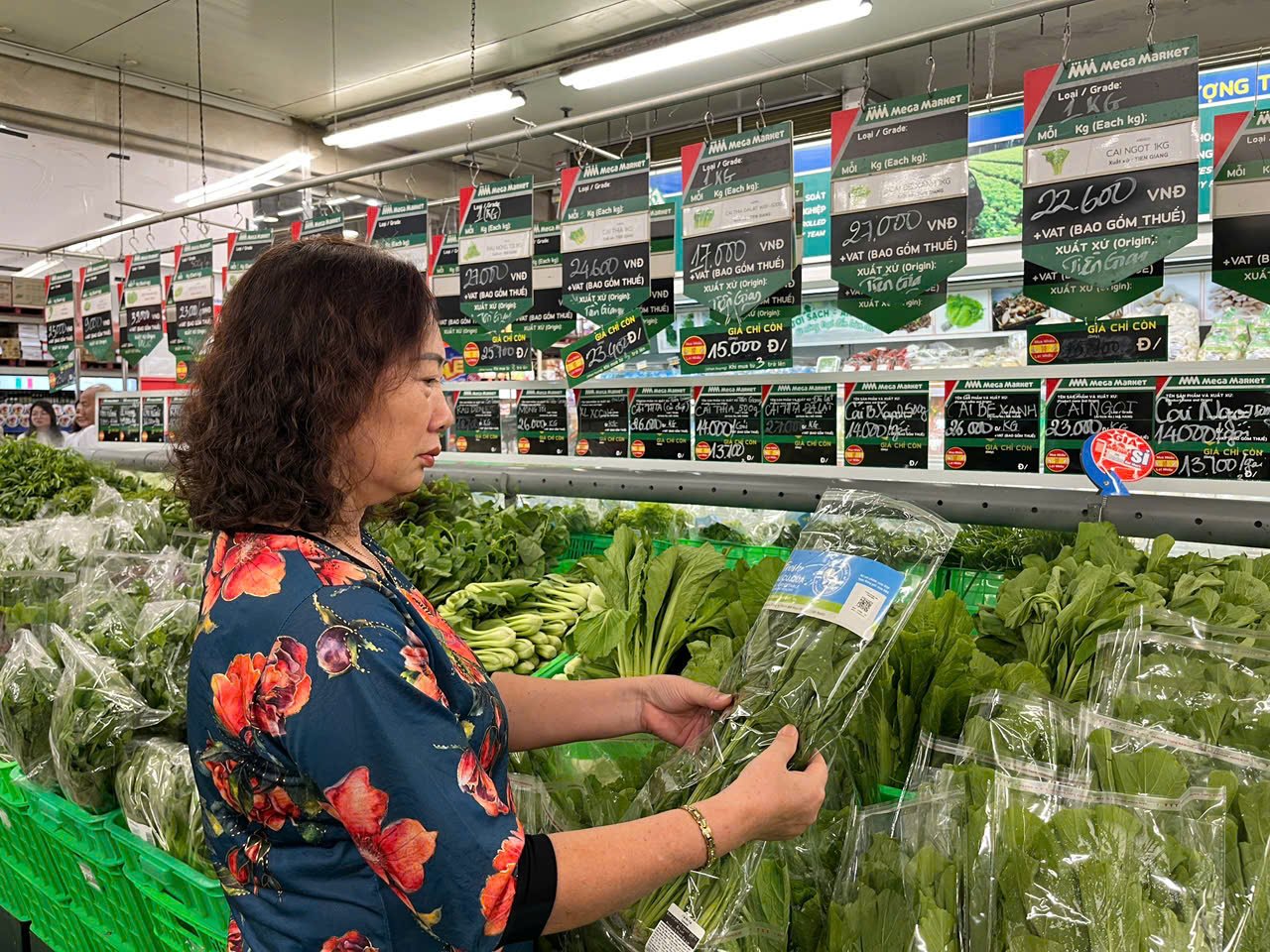
Mr. Nguyen Ngoc Thang, Deputy General Director of Saigon Co.op, said that Saigon Co.op has activated many response solutions to ensure continuous supply of goods in the context of the Mimosa Pass being broken. In addition to urgent transfers from Dong Nai, Binh Duong , Tay Ninh and part of the source from the West, the system also increased the frequency of daily orders for leafy vegetables to quickly compensate for consumption. Supermarkets are required to update demand by each time frame to flexibly coordinate between points of sale, avoiding the situation of shortages in some places and surpluses in others.
"At the same time, Saigon Co.op works with local suppliers, expanding direct purchases from cooperatives in the suburbs of Ho Chi Minh City to have more temporary alternative sources. For items that can be preserved longer, the unit increases reserves to keep prices stable. The goal is to ensure a smooth supply, minimize unusual price increases and maintain stability for consumers," Mr. Nguyen Ngoc Thang emphasized.
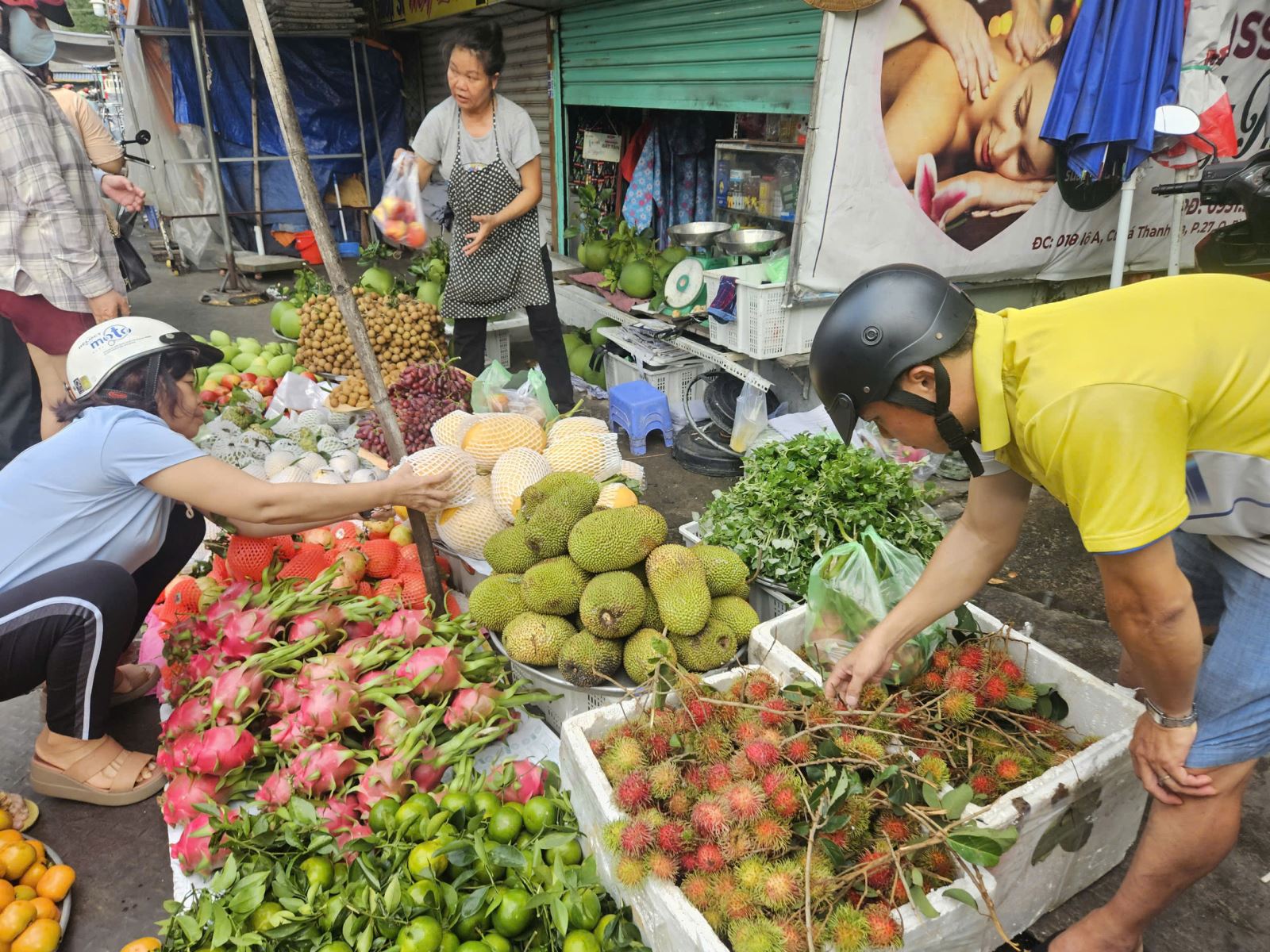
Similarly, Central Retail said it has switched to using local sources and from neighboring suppliers to reduce its dependence on goods from Da Lat. For groups with large output from the North such as potatoes, squash, pumpkins, and carrots, the company has increased transfers from the North to the South to make up for the shortage. As for short-term vegetables, the system has added sources from neighboring provinces to keep goods on the shelves stable. "Our priority is to avoid supply interruptions and limit price increases in the system," a representative of Central Retail affirmed.
Mr. Nguyen Nguyen Phuong, Deputy Director of the Department of Industry and Trade of Ho Chi Minh City, said that the current unfavorable weather conditions across a large area are causing a sharp decline in vegetable supply from many production areas, causing the price of green vegetables in Ho Chi Minh City to skyrocket in recent days.
Accordingly, the Western provinces are continuously affected by floods, many cultivated areas are deeply submerged, output has decreased significantly while temperate vegetable sources from Lam Dong have encountered serious landslides on mountain passes, especially Mimosa Pass, causing transportation to be almost paralyzed. "The North will soon begin to welcome cold air, the possibility of the country's vegetable supply will fluctuate in the coming time," Mr. Phuong predicted.
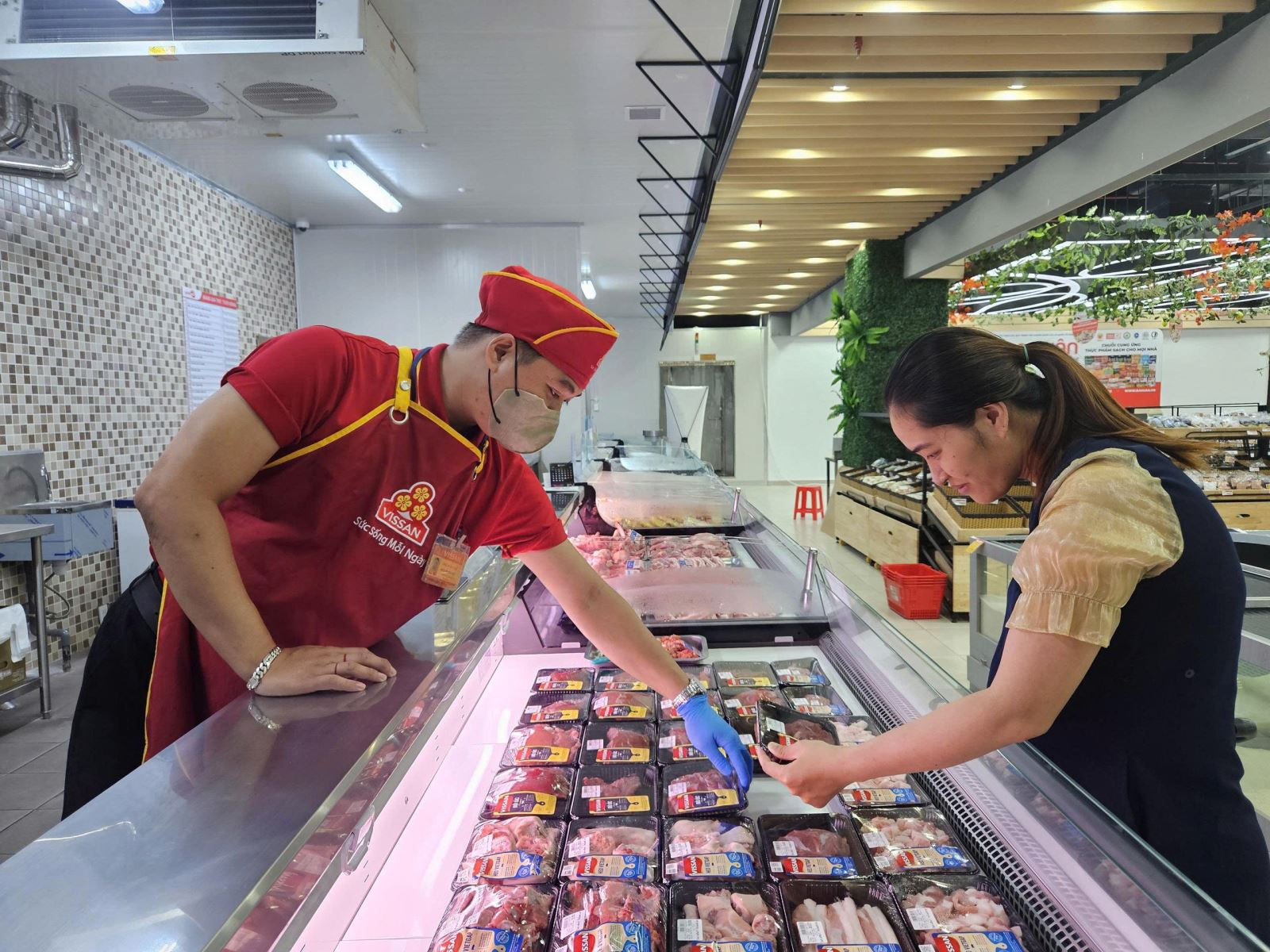
According to Mr. Nguyen Nguyen Phuong, in the context of decreasing output and increasing prices, the market stabilization program of Ho Chi Minh City is showing clear effectiveness thanks to the requirement that participating enterprises must maintain reserve goods in all situations, and at the same time prepare a plan to transfer goods between regions. This mechanism helps prices in the modern retail system not to increase suddenly despite escalating input costs.
Mr. Nguyen Nguyen Phuong also said that currently, large enterprises that have signed price stabilization contracts are trying to maintain stable output, accepting low profit margins so as not to create more pressure on consumers. In addition to business tasks, the units are aware of social responsibility, trying not to adjust prices unreasonably during difficult times.
Source: https://baotintuc.vn/thi-truong-tien-te/tp-ho-chi-minh-gia-rau-cu-tang-chong-mat-boi-mua-bao-va-dut-gay-nguon-cung-tu-da-lat-20251120163315983.htm








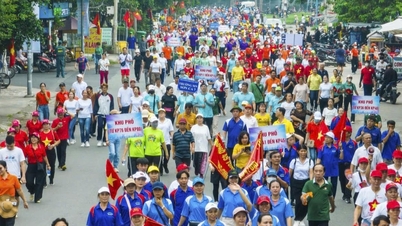

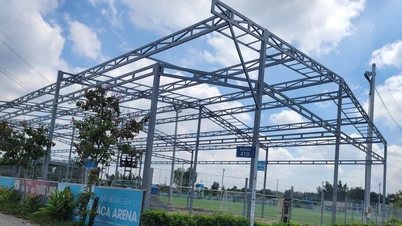
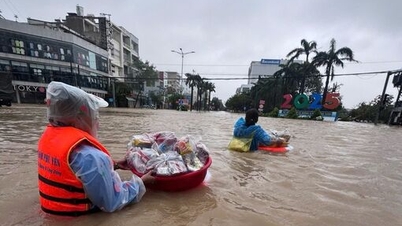

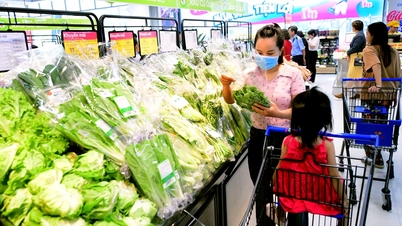



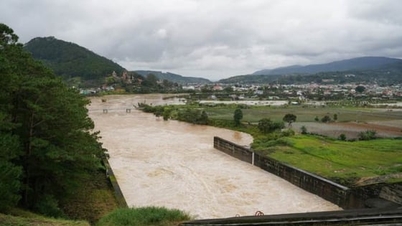



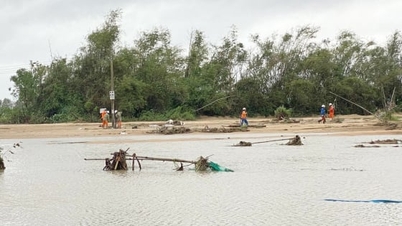

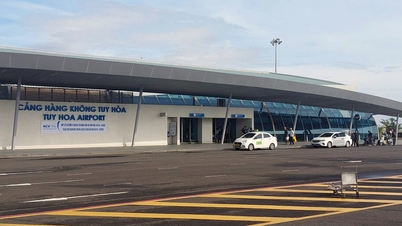






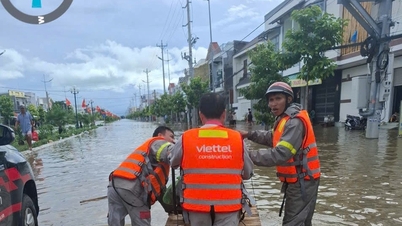

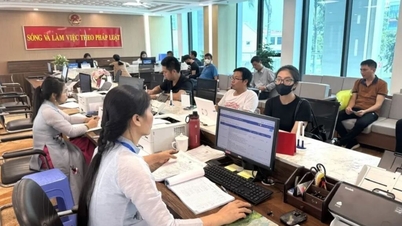
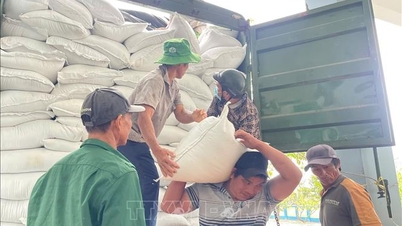









































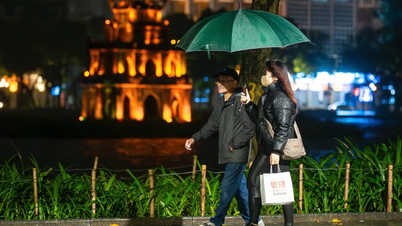









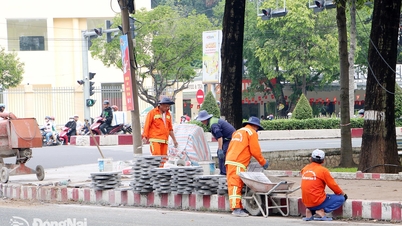






















Comment (0)